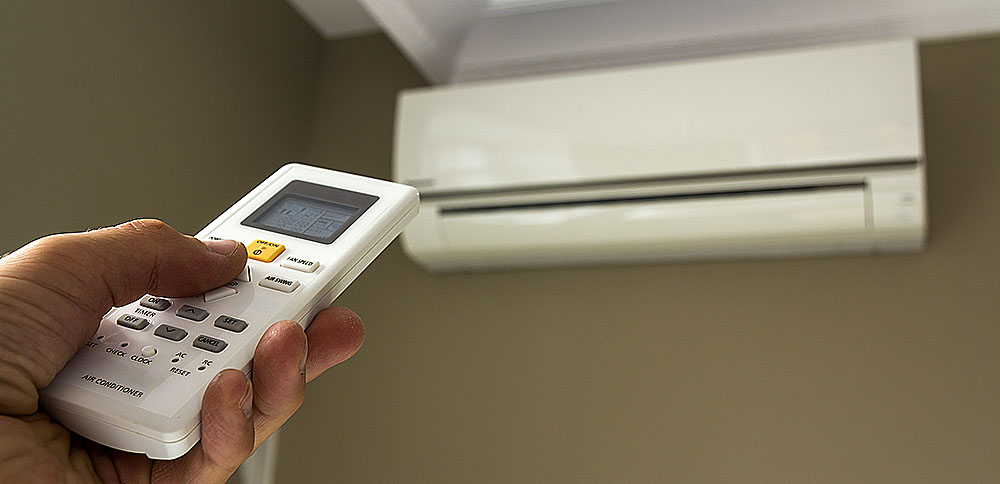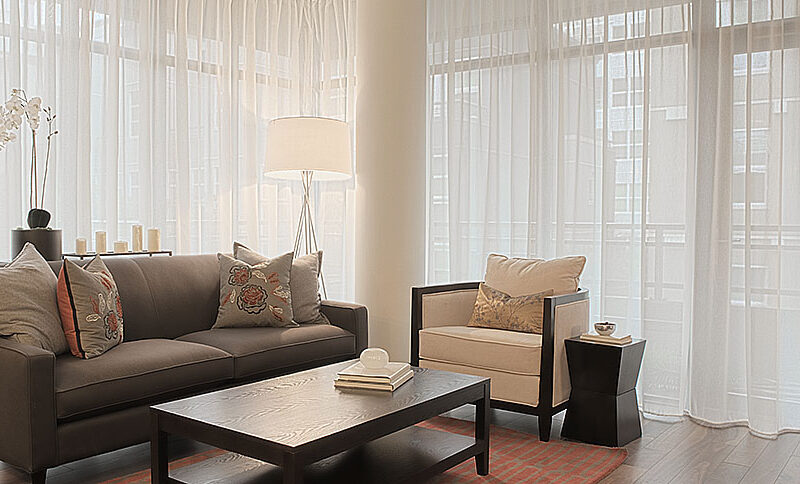The sun has been showering the Earth with its UV rays for billions of years. Living beings on earth including humans derive several benefits from it. Today, the sun is used as an energy source to produce electricity. That said, inventions like solar air conditioners that help reduce energy bills are becoming popular. You can choose many solar-powered ducted or ductless air conditioners. However, not many people are familiar with it. We will discuss solar air conditioners in detail and why you should consider them.
Benefits Of Solar Air Conditioning
Before we dive deep into explaining the science behind solar air conditioners, you need to become familiar with the benefits first.
Improves Property Value
Solar air conditioners help improve the property’s value. The best thing about these units is that they do not use regular electricity to produce cool or warm air. It reduces the energy consumption. Plus, it also lowers the monthly energy bills.
Plus, solar air conditioners tend to be relatively expensive as well. So, if you wish to sell the property in the future, you will be able to negotiate a better price since the air conditioners are already installed. Instead of the buyer spending money and replacing regular air conditioners with solar ones, they are already getting the same without having to spend additional effort or money on installation.
Saves Bills
As mentioned earlier, the prime objective of solar air conditioners is to save on electricity bills. But that is not all.
One thing you need to keep in mind when it comes to regular air conditioners is that there are a lot of other factors that influence the consumption of energy. For instance, constantly adjusting the temperature makes the unit consume more electricity.
So, to reduce your power bills, you will have to avoid adjusting the temperature and let it run constantly on a set temperature. This can be a huge problem for some people. You can choose solar air conditioners because you won’t have to worry about power bills when it will come to air conditioning.
How Does Solar Air Conditioning Work?
They work on electricity just like regular air conditioner. However, solar ACs use solar electricity. In simple words, they use the rays from the sun to create electricity. How? These AC units come with solar panels and battery packs that help store energy. This means they can run directly on the energy stored in the batteries. These batteries are charged with the help of solar panels.
Some solar-powered air conditioning systems are hybrid in the sense that they are designed to choose the appropriate power source in case the batteries are not fully charged. In addition to that, the installation of solar-powered air conditioners is slightly different from regular air conditioners.
This means you will need a team of experts who will determine the direction of the sun and other factors for the unit to receive proper sunlight. Plus, you will need to ensure that the solar panels are also clean for them to be able to receive sunlight, meaning regular maintenance.
Solar Powered Air Conditioning Options
For a solar-powered Mitsubishi AC installation Stony Brook, you have three different options available: DC-powered, AC-powered, and Hybrid powered air conditioners.
DC-Powered Solar Air Conditioners
DC-powered solar air conditioners run on electricity like any regular air conditioner. In this type of air conditioners, the solar panels are directly wired to them. These units are designed to run on batteries that are charged by the sun and can go completely off-grid.
These types of solar AC units are easy to install and maintain. Plus, they can run completely on solar panels without using any electricity.
However, a disadvantage of these ACs is that you need a good battery bank to power the air conditioners. Secondly, you can run them on direct electricity as well by using a rectifier. This converts the power to DC on which the AC can run. But the problem is that the batteries are quite expensive and the second option defeats the purpose of a solar-powered air conditioner.
AC-Powered Solar Air Conditioners
AC or alternating current solar air conditioners are the most popular types of solar ACs. To run these air conditioners on solar panels, you have to use a device called an inverter. It converts the DC power received from the solar panels to AC power.
You can guess that the inverter is an integral part of this setup. You will not be able to run the solar-powered air conditioners without an inverter.
In this case, the unit uses the energy stored in the battery that passes through the inverter. The biggest advantage of this system is that you can tie these units to the grid and return excess electricity to the grid while receiving credits in return.
Hybrid Powered Solar Air Conditioners
As the term suggests, these air conditioners are designed to run on both AC and DC. With these units, you have the freedom to connect them to batteries that are storing power from solar panels and also connect to the grid. The unit can then pick the best power source to run or you can choose one that’s preferred by you.
The advantage of opting for hybrid solar-powered air conditioners is that they do not use inverters, which means the total installation costs tend to be less. Plus, they are hybrid so they can switch from one type of power to another type of power without interruptions. The only disadvantage is that if the batteries are not charged and the system is installed off-grid, it won’t work at night.
Things To Consider When Switching To A Solar Air Conditioner
Now that you are familiar with the types of solar-powered air conditioners, it is time to focus on the factors that will help you shift.
The first and most important factor you are going to consider is the climate conditions. Regions that are relatively hotter and receive more sunlight will require fewer solar panels and batteries to produce electricity. Meanwhile, the cooler regions will require more panels and batteries. In simple words, solar-powered air conditioners are more suited to regions that receive comparatively more sun.
Furthermore, the size of the system i.e. the number of solar panels required along with the battery pack will depend on the size of the home. If the house is bigger, you will need more solar panels. However, if it’s a small room, only a few solar panels will suffice.
Cost Of Solar Air Conditioners
The total cost of installing a solar air conditioning unit varies. It depends on the number of potteries and solar panels needed. Generally, these systems will cost anywhere around $2000-$5000. However, there are still some other variables that can influence the price. Plus, solar air conditioners have become relatively cheaper with time. It is estimated that the prices will further go down once the market becomes saturated.
Conclusion
Opting for solar-powered air conditioners depends on your needs and preferences. While they help reduce monthly energy bills, the initial investment is going to be expensive. Additionally, you need to consider the factors that influence their performance as well. If you are still skeptical, consult an HVAC repair service Huntington or personally inspect a properly functional unit.


